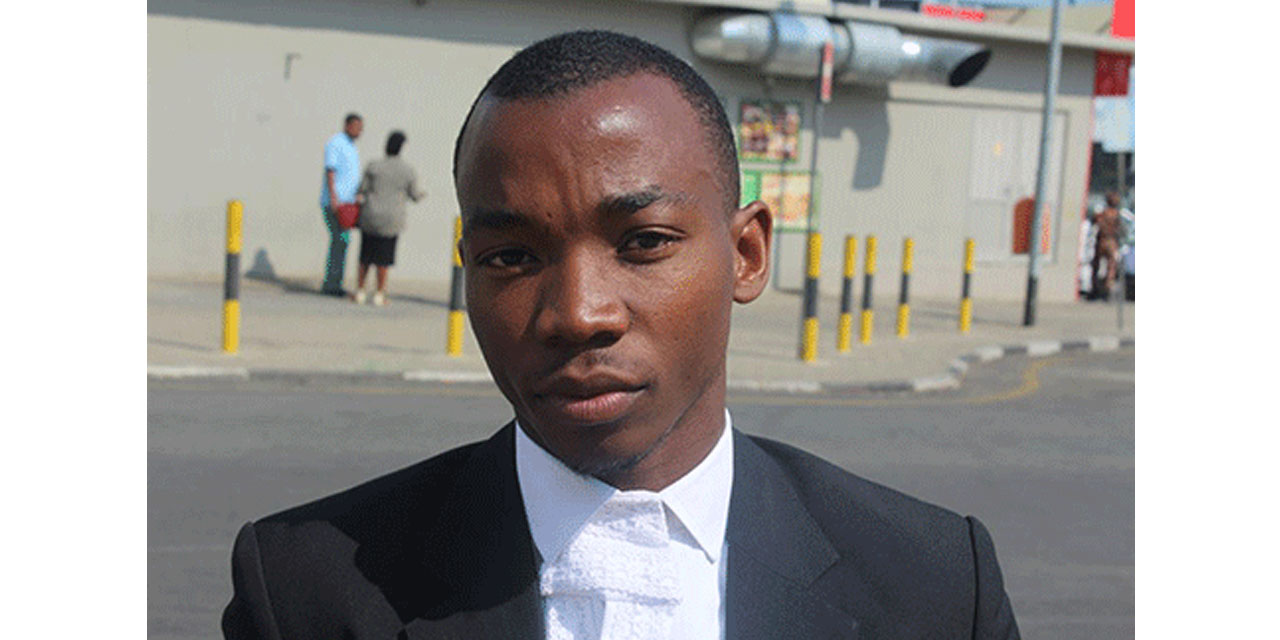Stefanus Nashama
The Namibian Government should not relegate its relationship with Angola simply because of fuel illicit smuggling activities commonly known as ‘Ngungula’.
These are the sentiments of Prominent Windhoek Lawyer, Kadhila Amoomo, who stressed that the only logical question the Namibian government should ask itself is why people risk their lives to smuggle fuel from Angola.
“Namibia and Angola share borders and people cross into both countries on a daily basis. This is because of the good relationship the two countries have. It is high time the Namibian Government critically looks into this,” he said.
He said the law should not be used to oppress people when it is not supposed to, adding that the government should understand the situation.
“We should call on the government to allow open trading on fuel from Angola. Our people in Ohangwena should be allowed to access cheap fuel. Open the gate. There is nothing wrong with Angolan fuel. It is just cheaper. Let us stop oppressing people economically. Ngungula is the future. Want it or not” he said.
Amoomo explained that although a number of Angolan minors are roaming around in Namibian streets doing business while they are supposed to be at school or in the care of their parents, the Angolan Government has never reprimanded or taken them away, harassed or arrested them for doing business in Namibia.
“Business is just business. Our government should not joke about hunger. People that go to Angola for Ngungula are doing business to put bread on the table. The same way service station owners export fuel from Angola. Instead, the government should find a way to allow these people to do so legally instead of enforcing unnecessary orders,” he said.
Amoomo reiterated that Namibian people need to have access to fuel in Angola and that procedures and laws to regulate such business activity with special circumstances ought to be implemented.
“We understand the law. We also understand business situations and everything in the background but the reality is that the law clashes with poverty. That is why people smuggle fuel,” he emphasised.
He also said even police officers have access to the same fuel and understand what is happening.
“At the nearest service station into Angolan borders, you will find a queue of Namibian-owned cars waiting to fill up. The whole issue has been criminalised, as is the norm when black people find a way to survive. The same applies to the mopane worm and other SME industries. Let’s remember how those who sold ‘Dankie Botswana’ cars and how such people were castigated in Namibia,” he said.
He also indicated that Namibians who consider Ngungula as a means of survival are business prisoners, adding that survival should never be criminalised.
“People understand and respect the law, but when the law clashes with hunger, there are no other means to survival than hard work. Ngungula is just a survival tool,” he said.
He said the Angolan fuel is the same as that sold at service stations in Namibia, and many people in this business are linked to politicians who always protect them.
Meanwhile, the Deputy Minister of Mines and Energy, Kornelia Shilunga said the fuel used in Namibian is standardized and agreed upon the standards of the SADC in which Angola is included.
“Smuggling fuel from Angola is not standardized. There is also too much lead in Angola’s fuel, and tax is also involved which is different in each country. Namibia’s oil industry is also affected,” she said.
However, she admitted that the fuel is the same, but that Angola has its way to standardize its fuel as agreed upon by the SADC.
The Deputy Minister said it is not currently possible to legalize fuel from Angola, and that discussion is not even on the table yet unless the two countries agree on doing it their way, which is not possible at this moment.
“What is on the table is to stop people from smuggling fuel into Namibia,” she said.




